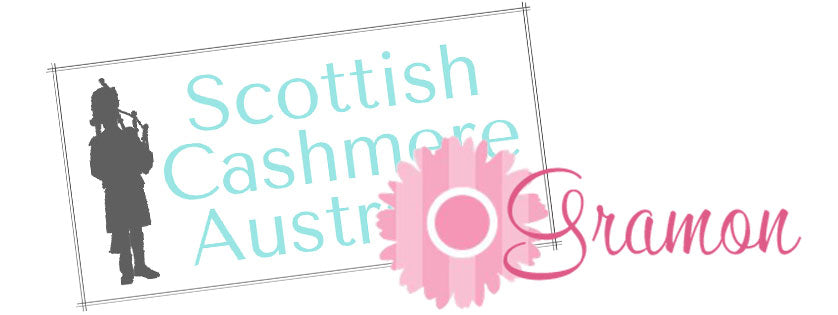- Shop Instagram
-
Cashmere
-
Accessories
-
Home + Furnishings
-
Vintage + Antique
Collecting interesting antique and vintage European linens is my favourite part of travelling.
- Yarn
- Sale
- New
- Shop Instagram
- Cashmere
- Accessories
- Home + Furnishings
- Vintage + Antique
- Yarn
- Sale
- New
Collecting interesting antique and vintage European linens is my favourite part of travelling.

















